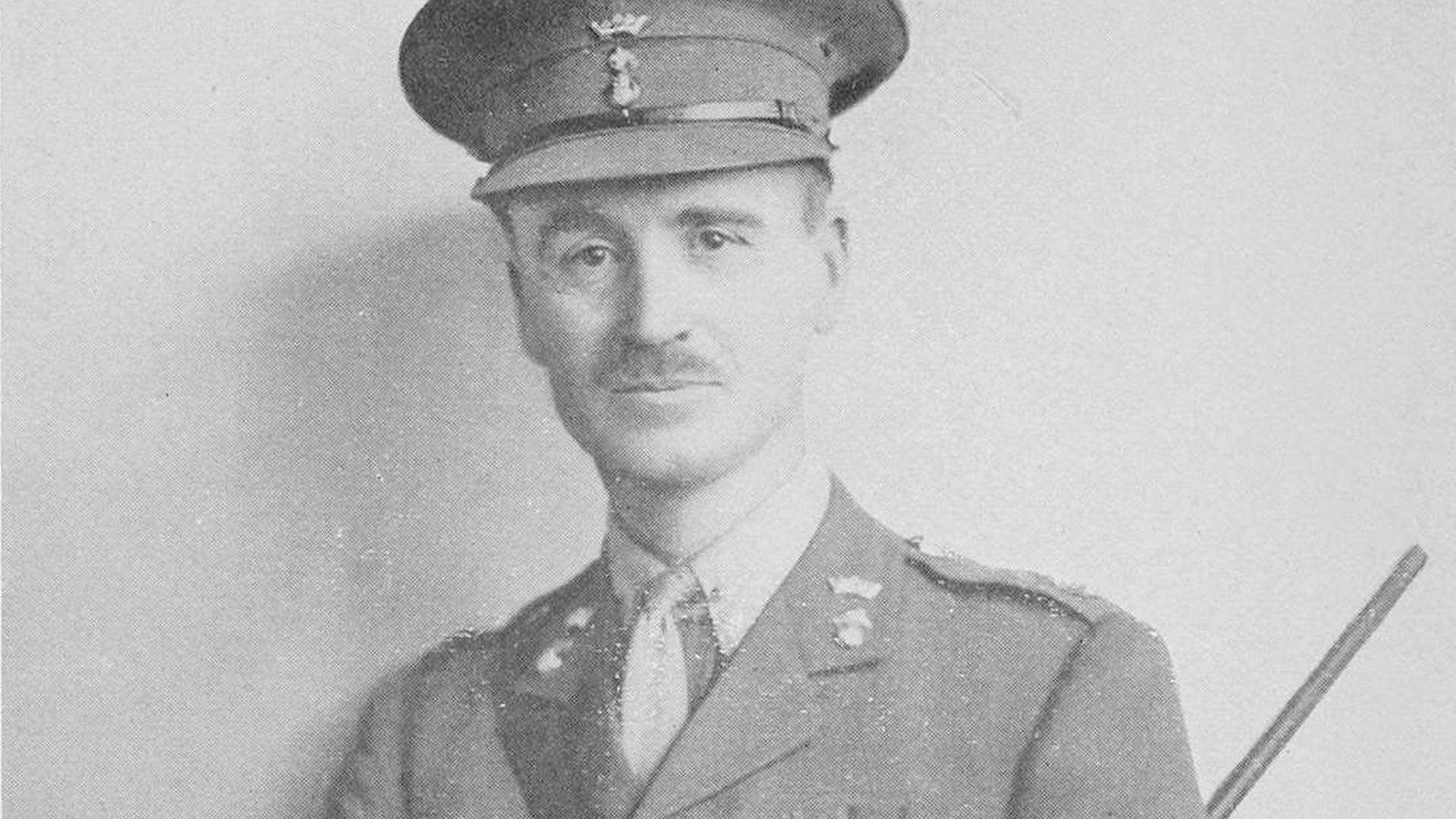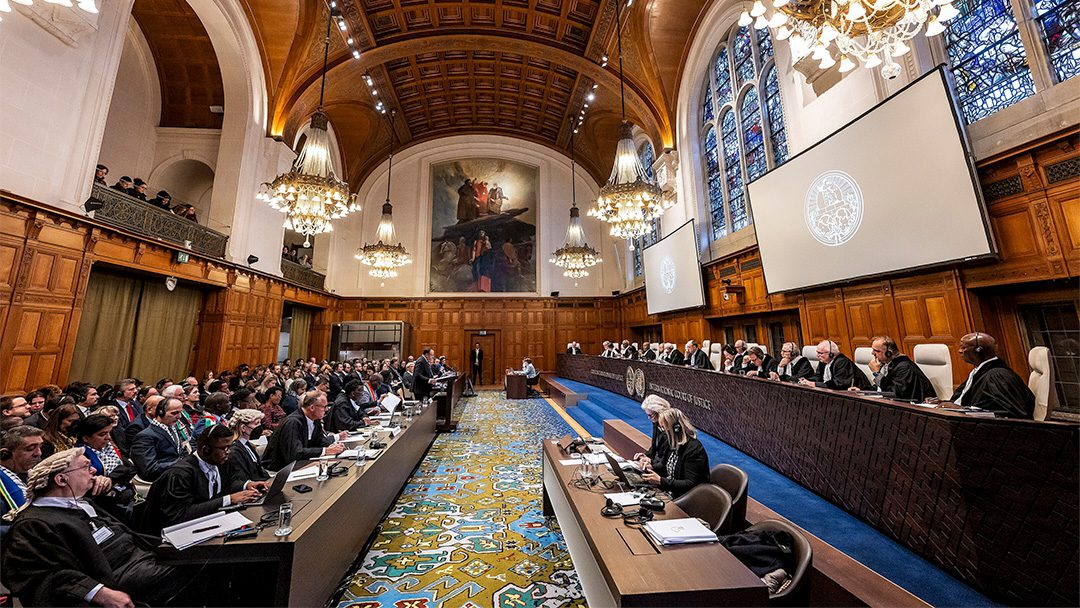One of the lesser-known dimensions of the “Great Awakening” in the eighteenth century championed by men like the Wesley brothers, was a rebirthing of a desire to see the restoration of Israel and the return of the Jewish people to their ancient land. A verse from Charles Wesley’s Hymn, Almighty God of love, says it all:
O that the chosen band
Might now their brethren bring
And gathered out of every land
Present to Zion’s King.
Of all the ancient race
Not one be left behind
But each impelled by secret grace
His way to Canaan find!
Christian Zionism, as this belief became known although not held by all, was furthered in various forms in the nineteenth century by the teaching of men like Charles Spurgeon, Bishop J.C Ryrie and John Darby. However, it was not until midway through WW1 that these Zionists aspirations began to be realised “on the ground” with the defeat of the Ottoman Empire, with Lt. Col John Patterson a great Christian Zionist playing no small part.
Humble beginnings, the Zion Mule Corps
Jewish young men, many of them refugees, volunteered to fight for the British to overthrow the Turks. At first, the British didn’t know what to do with them but decided they could be useful carrying supplies to the troops at Gallipoli and bringing the wounded back, much the same as Simpson and his donkey did. There were over 700 mules and about 20 horses in the Corps, and it was effectively the first Jewish fighting force in 2,000 years. Patterson, a Christian, who amongst other things had been a student of Jewish history, was given command of this unique group. Patterson says in his book “With the Zionists at Gallipoli”, that “these Jews are among the bravest and finest men that have ever served under me”. Their noble service only furthered his Zionist aspirations and love for the Jewish people.
With the Judeans in Palestine.
After Gallipoli, Patterson fought hard to keep these men together as a Jewish fighting unit, threatening to resign his commission and return to England to tell all and sundry about the discrimination his Jewish band of brothers were experiencing. It was obvious the British Parliament were oblivious to the antisemitism that permeated much of the British military. His perseverance prevailed and the men were formed into a Jewish battalion and sent to Palestine.
The Jews and the ANZACS
Although great tension existed between British Troops and the Jewish battalion, no such feelings existed between the Jewish Battalion and the ANZACS. They struck up a friendship during the harsh conditions that they shared in the Jordan Valley Campaign. The Australians were having great difficulty crossing the River Jordan at the Umm esh-Shert Bridge. To their rescue came the Jewish battalion and at great cost, they secured the bridge allowing the Australians to gallop across and finally take Es Salt.
this brilliant and dedicated officer paid heavily for his strong pro-Zion posture
Later Patterson states in his book regarding the Judeans in Palestine, “When the battered remnants of our battalion were ordered to move to Lod, our feeling of being severed from the ANZACS was one of great regret. For every individual in our battalion had the utmost admiration and affection and a real feeling of comradeship for every officer and man in the ANZAC Mounted Division.” This unique bond of friendship was further deepened in WW2 and continues to this day.
Bureaucratic spoiling
During WW1 Zionist aspirations grew in the British parliament, due mainly to the lobbying of Christian and Jewish Zionists culminating in the famous “Balfour declaration.” However, in so far as the bureaucrats and senior military officers were concerned antisemitism was rife. The Jewish battalion was always last in the line to get supplies of even basic things like clothing, some of his men went without boots for weeks. When in Jerusalem during Passover they alone were forbidden to enter the Old City. At formal occasions when they sang the Hatikvah the British officers would sit down in a most pointed fashion. The list of wrongdoing was long, Patterson alone stood against the prejudice of the military elite. In his book “With the Judeans in Palestine”, Patterson states that the British command in Palestine refused to implement the Balfour declaration and was determined to make it a “mere scrap of paper.” At the risk of a court marshal, he defied the authorities by going over their heads to the war office. However, this brilliant and dedicated officer paid heavily for his strong pro-Zion posture, and to their eternal shame, Paterson was the only British officer to enter WW1 at the start and not to have been promoted or given a medal for his most meritorious service at wars end. After the war, he went to America, rather than back to England, probably because of his disillusionment with the British reneging on their promises to the Jews. He struck up a friendship with Benzion Netanyahu whilst in America and was asked to be godfather to Jonathon Netanyahu, Israeli Prime Minister Benjamin Netanyahu’s elder brother.
Final honour
His dying wish was that he could be buried in Israel. In 2014 at a ceremony attended by PM Netanyahu and many other dignitaries including Christian supporters of Israel, John Patterson and his beloved wife Francie were reinterred in an Israeli cemetery alongside many of his fallen mates of the Jewish 38th Fusilier Battalion he had commanded. He is revered in Israel and counted as one of the “righteous among the Gentiles” and regarded as the “godfather” of the Israel Defence Force.












0 Comments